Introduction
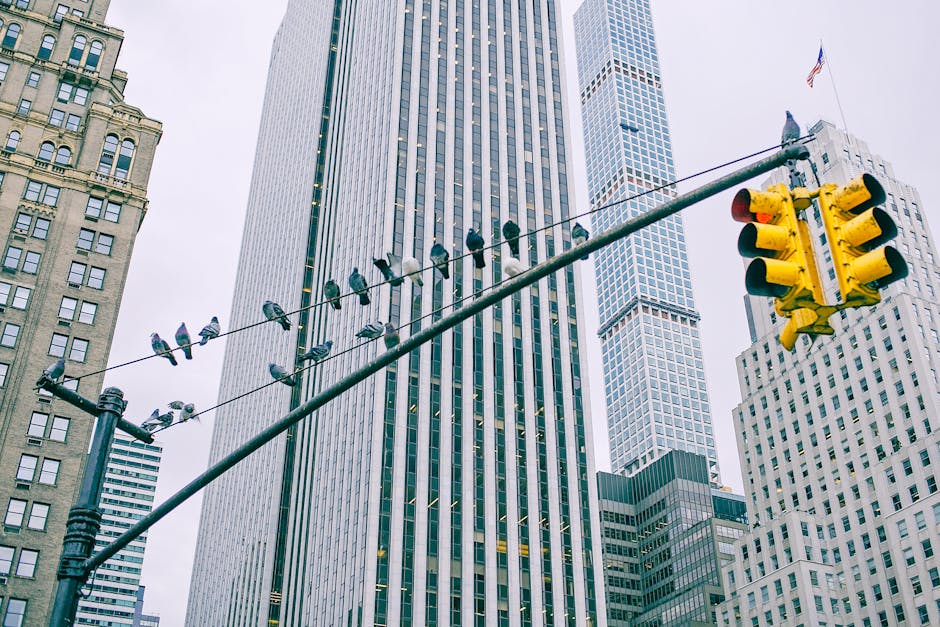
A bird owner’s responsibility goes beyond the basics of food, water, and shelter. Just like any other pet, birds require proper healthcare for their well-being and longevity. This is where a veterinarian, commonly known as a vet, comes in. In this article, we will explore the role of a vet and why taking a bird to the vet is essential.
The Role of a Vet
A veterinarian is a qualified medical professional specializing in providing healthcare services to animals, including birds. They play a crucial role in maintaining the health and welfare of pets, livestock, and wildlife. Vets have the expertise to address the unique needs of birds and ensure their overall well-being.
The Importance of Veterinary Care for Birds
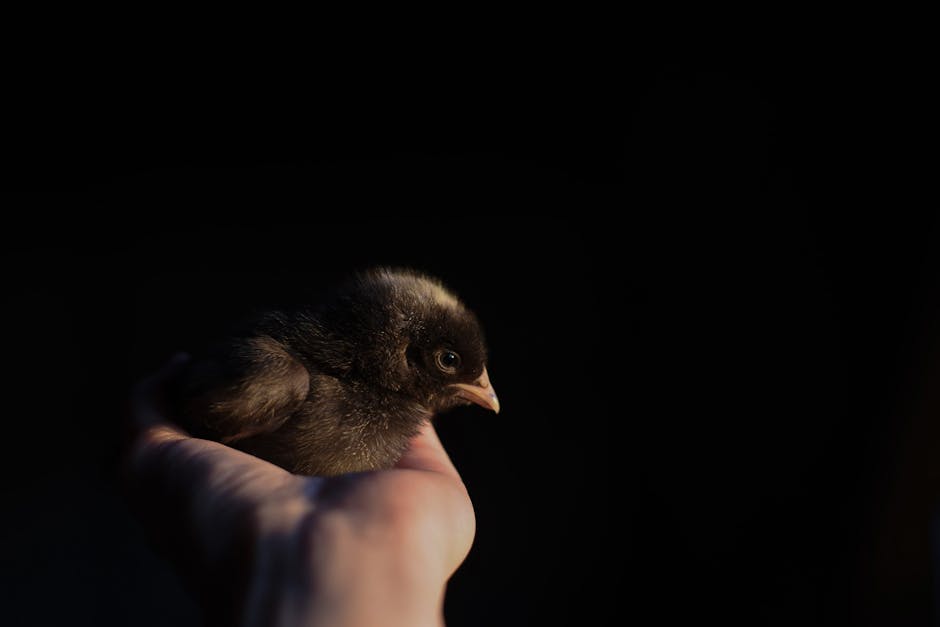
Birds, like humans, can experience health issues that require medical attention. Regular veterinary care is vital for their overall health, disease prevention, and addressing potential concerns. Birds are adept at hiding signs of illness, making professional veterinary care crucial for early detection.
Vets offer tailored services for birds, including vaccinations, routine check-ups, dietary advice, and treatment for injuries or illnesses. Prompt veterinary care is particularly important when there are noticeable changes in behavior, appetite, or physical appearance, as these may indicate underlying health issues. Routine visits to the vet can also prevent potential health problems.
In conclusion, seeking veterinary care for birds is vital for their well-being, longevity, and the bond between bird and owner. Vets provide comprehensive care, addressing specific needs and promoting a healthy life for avian companions.
Factors Affecting Cost

The cost of avian veterinary care is influenced by several factors. Understanding these elements can help bird owners anticipate and plan for potential expenses.
Type of Bird
The type of bird significantly impacts veterinary costs. Different bird species vary in size, temperament, and health concerns, leading to varying expenses. Larger birds, like parrots and macaws, often require specialized handling techniques and equipment, resulting in higher costs compared to smaller birds. Certain species may also be more prone to specific health issues, requiring specialized treatments.
Location of the Vet
The geographical location of the veterinary clinic or hospital can affect the cost of avian care. Veterinary fees can vary between regions, cities, and neighborhoods. Urban areas, for example, generally have higher living costs, translating into higher veterinary fees. Researching and comparing prices in different locations can provide a better understanding of potential costs.
Severity of the Bird’s Condition
The severity and complexity of a bird’s condition directly impact veterinary costs. Routine check-ups and preventive measures are generally less expensive than diagnosing and treating illnesses, injuries, or surgical procedures. Emergency or critical care situations may involve additional expenses, such as diagnostics, hospitalization, medications, and follow-up treatments.
These factors should be considered when estimating expenses for avian veterinary care. Additionally, the reputation and experience of the veterinarian may also influence costs. By being aware of these factors, bird owners can better prepare themselves and their feathered companions for potential veterinary expenses.
In the next section, we will delve into the average costs associated with typical vet visits for birds, providing a clearer picture of expected expenses.
Average Vet Visit Costs
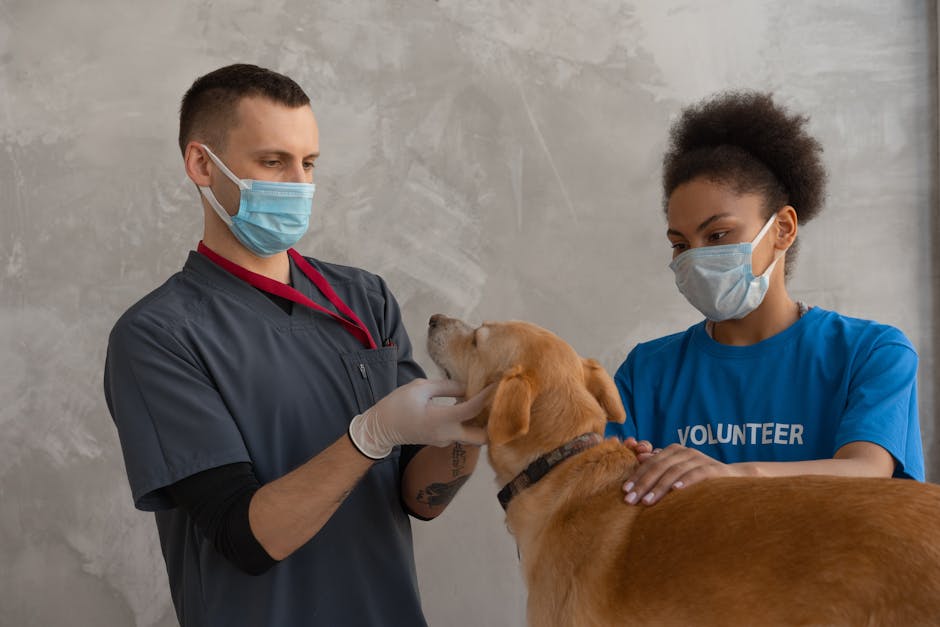
Taking your bird to the vet is an essential part of maintaining its health. Understanding the average costs involved in routine check-ups and the diagnosis and treatment of conditions can help you budget effectively.
Routine Check-ups

During a routine check-up, the vet conducts a comprehensive examination to assess your bird’s overall health. This includes measuring its weight, examining feathers, beak, and feet, and checking for any signs of illness or abnormalities. Fecal and blood tests, as well as vaccinations, may also be administered based on your bird’s specific needs.
The cost of a routine avian vet visit can vary depending on factors such as location and the vet’s reputation and expertise. On average, a check-up for a bird can range from $50 to $150. Additional services like fecal tests, blood tests, or vaccinations may increase the overall cost, but they are crucial for maintaining your bird’s health and preventing potential illnesses.
Diagnosis and Treatment
If your bird shows signs of illness or has an underlying health issue, it’s crucial to seek prompt veterinary care. The cost of diagnosing and treating a condition in a bird can vary based on the complexity of the case and the necessary tests, medications, and treatments.
To identify the cause of your bird’s condition, the vet may recommend diagnostic procedures such as blood work, X-rays, or endoscopy. These tests help determine the underlying issue and guide the appropriate treatment plan. The cost of diagnostic procedures adds to the overall expenses.
Treatment costs for avian conditions vary based on the specific condition and the recommended plan. Medications, surgical procedures, and specialized therapies may be necessary. The total cost for diagnosing and treating a condition in a bird can range from $100 to several hundred dollars, or even more in complex cases that require extensive testing and ongoing treatment.
Consult your vet to understand the specific costs associated with diagnosing and treating your bird’s condition. They can provide a detailed estimate based on the necessary tests, medications, and treatments required.
By being aware of the average costs associated with routine check-ups and the diagnosis and treatment of avian conditions, you can better prepare financially for your bird’s veterinary care. Remember, prioritizing your bird’s health and seeking professional veterinary care when needed is vital for their overall well-being.
4. Additional Expenses
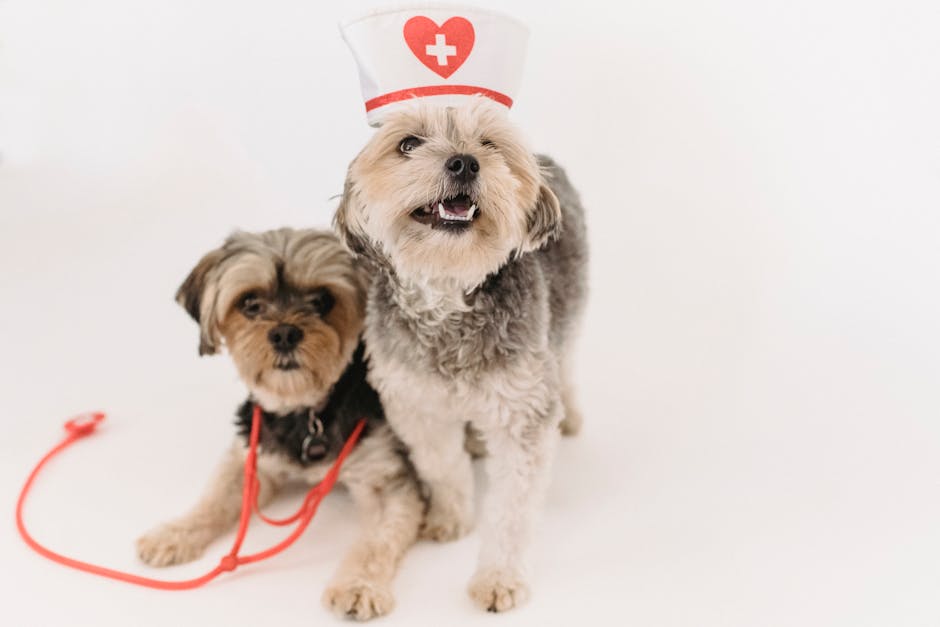
Medication for Health Conditions
Birds, like any other pets, may require medication to treat various health conditions such as infections, injuries, or chronic illnesses. Bird medications come in different forms, including oral medications, injections, and topical applications. The specific type of medication and dosage required will depend on the condition diagnosed by the veterinarian.
The cost of bird medication can vary significantly. Basic treatments may only cost a few dollars, while specialized or long-term medications can reach several hundred dollars. Additionally, the duration of the medication and the bird’s specific needs will influence the overall cost.
To ensure the bird’s health and recovery, it is crucial to follow the veterinarian’s instructions regarding medication dosage and duration. If any concerns or side effects arise, consulting with the veterinarian promptly is essential.
Supplies for the Bird’s Well-being
Owning a bird involves ongoing expenses for supplies that contribute to its overall well-being, comfort, and quality of life.
Food: Providing a balanced diet is essential for a bird’s health. Different bird species have specific nutritional needs, and their diet may include high-quality pellets, fresh fruits, vegetables, and occasional treats. The cost of bird food will vary depending on the species and dietary requirements.
Cage: A suitable cage is necessary to ensure the bird’s safety and comfort. Consider the specific requirements of the bird species and choose a cage that provides adequate space for movement, stretching wings, and engaging in natural behaviors. The cost of a cage will depend on its size, material, and additional features.
Toys and Enrichment: Birds need mental stimulation and entertainment to prevent boredom and promote their well-being. Toys, perches, and other enrichment items are necessary and should be periodically replaced to maintain their effectiveness. The cost of toys and enrichment items will vary depending on their type, quality, and durability.
Bedding and Litter: Depending on the bird species, appropriate bedding or litter may be necessary for their cage or nesting area. Different birds have different preferences, and materials like newspaper, wood shavings, or specialized bedding can be used. The cost of bedding or litter will vary depending on the quantity and type chosen.
Cleaning Supplies: Regular cleaning of the cage and accessories is important for maintaining a clean and healthy environment for the bird. Cleaning supplies such as cage cleaners, disinfectants, brushes, and wipes should be included in the ongoing expenses. The cost of cleaning supplies will depend on the brand, quantity, and specific products chosen.
Boarding Services for Temporary Care
![]()
In certain situations, such as vacations, business trips, or emergencies, bird owners may need to arrange for boarding services. Boarding facilities provide a temporary home for birds when their owners are unable to care for them.
The cost of boarding a bird will vary depending on the facility, location, and duration of the stay. Boarding services often charge a daily or weekly rate. Prices may also differ based on the level of care and additional services offered, such as playtime, grooming, or specialized diets.
When selecting a boarding facility, it is important to consider factors such as the facility’s reputation, cleanliness, safety measures, and staff expertise in handling birds. Reading reviews, visiting the facility in person, and asking for recommendations from other bird owners can help make an informed decision.
Before boarding the bird, ensure that all necessary paperwork, including vaccination records and emergency contact information, is provided to the boarding facility. Pack the bird’s familiar belongings, such as toys, perches, and blankets, to provide comfort during the stay. It is advisable to arrange boarding well in advance, especially during peak travel seasons or holidays.
In the next sections, we will discuss how to prepare for a vet visit and provide a conclusion summarizing the cost of taking a bird to the vet, tips for finding an affordable vet, and the importance of regular check-ups for the bird’s health and well-being.
How to Prepare for a Vet Visit
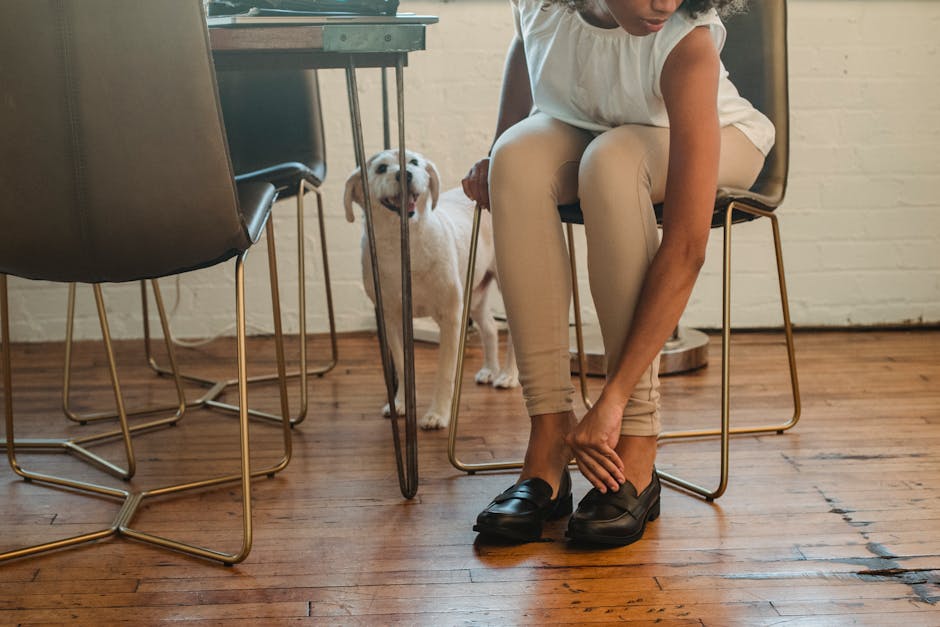
Proper preparation is crucial for a smooth and successful vet visit with your bird. Here are two essential steps to take:
Gather Necessary Paperwork
Before the visit, gather relevant paperwork such as medical records, vaccination history, and diagnostic test results. These documents provide valuable information to the vet, helping them make informed decisions about your bird’s care. If you’re seeing a new vet, request these records in advance from your previous vet. Having them on hand saves time and ensures a more accurate diagnosis and treatment plan.
Ensure Proper Containment
Safely confine your bird in a suitable carrier or cage before the appointment. Choose a carrier designed for birds, ensuring it’s secure, well-ventilated, and spacious enough for your bird to move comfortably. Acclimate your bird to the carrier beforehand, allowing it to explore and spend stress-free time inside. Keep the carrier clean and free of hazards. Consider additional precautions based on your bird’s size and species, and take weather conditions into account during transportation.
By following these guidelines, you’ll ensure a safe and stress-free vet visit for your bird. Proper preparation facilitates examination and treatment while contributing to their overall well-being.
Stay tuned for the next sections, where we’ll explore the costs associated with vet visits and additional expenses you might encounter.
Conclusion

Taking care of your bird’s health involves more than just providing food and shelter. Regular vet visits are essential. In this article, we’ve discussed the factors affecting the cost of avian veterinary care and the average expenses involved. Let’s summarize the key points and provide tips for finding an affordable vet while emphasizing the importance of regular check-ups.
Summary of the Cost of Taking a Bird to the Vet
The cost of avian veterinary care varies based on factors like bird type, vet location, and condition severity. Routine check-ups are generally more affordable than specific medical treatments. However, costs can fluctuate depending on your bird’s unique needs.
Tips for Finding an Affordable Vet
Finding an affordable vet who provides quality care is crucial. Consider these tips:
-
Research Multiple Veterinary Clinics: Compare prices and services offered by different clinics, especially those specializing in avian care or with experienced bird veterinarians.
-
Ask About Payment Plans and Pet Insurance: Inquire about flexible payment options or plans. Consider pet insurance to alleviate financial burdens during emergencies.
-
Seek Recommendations: Ask other bird owners, avian societies, or online communities for reliable and cost-effective vet recommendations.
-
Consider Local Avian Rescues and Sanctuaries: Reach out to them for affordable avian vet contacts or reduced-rate veterinary services.
Reminder: Regular Check-ups for Your Bird’s Health and Wellbeing
![]()
Regular check-ups not only diagnose and treat illnesses but also prevent them. Schedule routine visits to detect health issues early and ensure proper vaccinations, nutrition, and hygiene. Preventive care saves money by avoiding costly treatments for advanced illnesses.
In conclusion, taking your bird to the vet is a necessary investment in their health and happiness. Understand the factors affecting costs, find an affordable vet, and prioritize regular check-ups. A healthy bird is a happy bird.
Frequently Asked Questions

Frequently Asked Questions

1. How much does it cost to take a bird to the vet for a routine check-up?

The cost of a routine check-up for a bird can range from $50 to $150, depending on factors such as location, the vet’s reputation, and additional services like fecal tests, blood tests, or vaccinations.
2. What factors can influence the cost of avian veterinary care?
Several factors can affect the cost of avian veterinary care, including the type of bird, the location of the vet, and the severity of the bird’s condition. Larger birds may require specialized handling techniques and equipment, leading to higher costs. Living costs in different regions can also impact veterinary fees, and the complexity of a bird’s condition can increase expenses.
3. How much does it cost to diagnose and treat a condition in a bird?
The cost of diagnosing and treating a condition in a bird can vary based on the complexity of the case, necessary tests, medications, and treatments. It can range from $100 to several hundred dollars, or even more in complex cases that require extensive testing and ongoing treatment.
4. Are there additional expenses involved in bird ownership?

Yes, there are additional expenses involved in bird ownership. These include the cost of medication for health conditions, supplies for the bird’s well-being such as food, cage, toys, bedding, and cleaning supplies, as well as boarding services for temporary care when needed.
5. How can I find an affordable vet for my bird?

To find an affordable vet for your bird, you can research multiple veterinary clinics, compare prices and services, ask about payment plans and pet insurance options, seek recommendations from other bird owners or avian societies, and consider reaching out to local avian rescues and sanctuaries for affordable vet contacts or reduced-rate services.

Leave a Reply